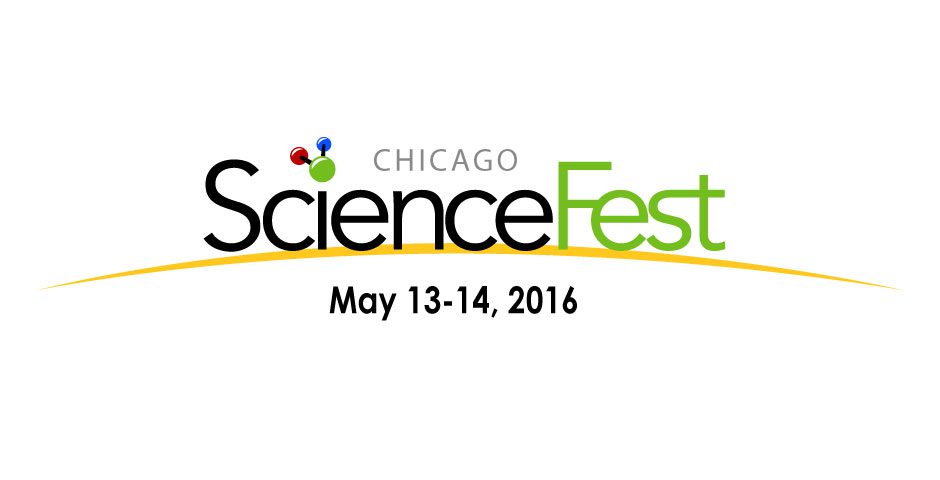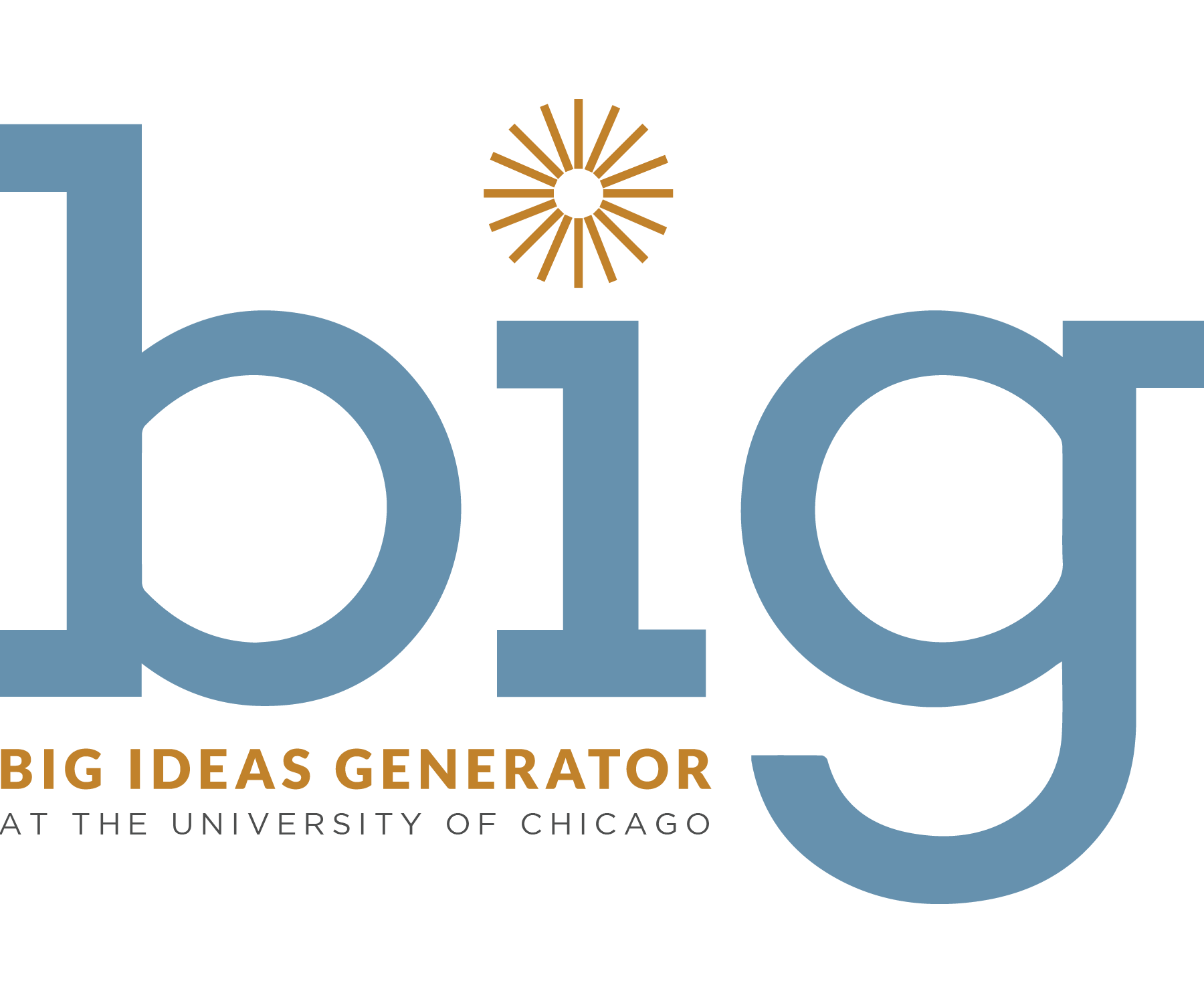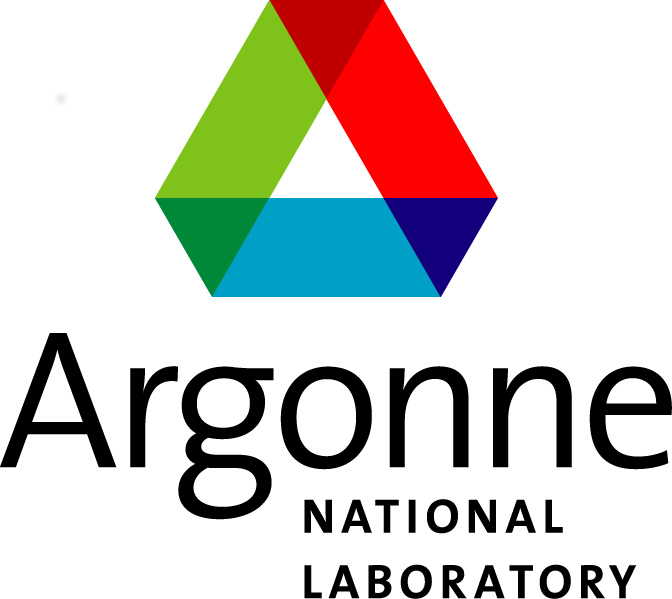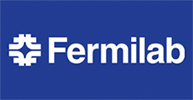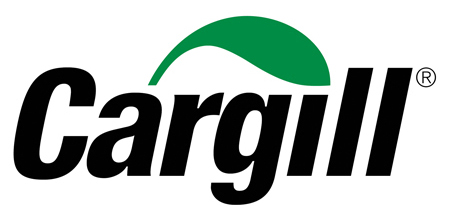Upcoming Events

- This event has passed.
SATURDAY, MAY 14 Chicago Science Festival Presentations
Martha Hotz Vitaterna (Northwestern University) 10 – 11:00am
Circadian Rhythms, Sleep & Your Health – What? How? and When?
Circadian “clocks” are ticking throughout the human body, influencing virtually everything our bodies do, ranging from what genes are expressed in our cells to when we sleep and eat. How do these clocks work and what is the impact of modern 24/7 society? Can lack of sleep actually make us sick and not just tired? Does it matter when we eat? Learn about the latest discoveries on the importance of circadian rhythms and sleep for health. Also why Chicago is a big deal in sleep research!
Liza Lehrer (Lincoln Park Zoo) 10-11:00am
Chicago’s Urban Wildlife – What you might encounter in your neighborhood
Chicago is a lot more than simply sidewalks and skyscrapers. Cities are richly biodiverse with critters and ecologically unique. Come hear about groundbreaking research monitoring Chicago’s wildlife with camera traps and acoustic detectors, and how you can get involved in work as a citizen scientist.
Doug Taron (Notebaert Nature Museum) 11am – 12noon
Saving Monarchs and More – Trials, tribulations, and citizen science of tracking and saving species
Save the Monarch Butterfly! Or should we?? What about the less well-known and less-charismatic little brown butterfly? Does that one just need better P.R. or lobbyists? Or should we let it go extinct? Hear how the Midwest is crucial to saving Monarchs (and maybe it is to saving us), get insight into the fascinating complexities of the Endangered Species Act, and find out how – and why – average citizens are involved in animal protection.
Anne Schukraft (Fermilab) 11am – 12noon
The How & Why of Tracking the Invisible, Elusive Neutrino – from the sun, distant galaxies and particle accelerators
Neutrinos are tiny, invisible, neutral things, barely interacting with gravity, light, and certainly not with us. They zip through us and the Earth at a rate of 1 trillion per second. How the heck do you study such things? Why study them? And why do so at Fermilab or Antarctica or in underground mines? Here’s your chance to hear about truly challenging and exciting research in the world of physics.
Richard J. Miller (Northwestern University) 12noon – 1:00pm
Your Brain on Psychotropic Drugs
Learn about the long and winding history – both cultural and scientific – of psychotropic drugs. Plus all the things you’ve always wondered about how hallucinogens might impact your synapses! Coffee, marijuana; caffeine, chocolate; LSD, mushrooms, alcohol… all your favorite drugs will be discussed for their neuro-impact. No consumption or experimenting, other than coffee or chocolate, are provided or allowed.
Seth Darling (Argonne National Lab) 1 – 2:00pm
The End of Water As We Know It
The golden age of abundant, clean and cheap freshwater is coming to an end. Much like oil conflicts influenced the 20th century, water technology, access and management figure to shape the 21st century affecting everything from how our food is raised to how our economies function. Come hear a fantastic presentation on how we got to this point, what lies ahead, and what can be done now to respond and adapt.
Shane Larson (Adler & Northwestern University) 1 – 2:00pm
Black Holes & Gravitational Waves – Why a massive galactic occurrence requires mind-blowingly precise detection
Two black holes, about 30 times more massive than our Sun merged to create a larger black hole. It happened 1.3 billion light years away and information about it has been heading our way since before multicellular life existed on Earth. How and why did we learn about this only last September? Come learn how this was discovered, what it tells us about our Universe and what it means for future research. Oh, and what “LIGO” stands for.
Volker Rose (Argonne National Lab) 2 – 3:00pm
Microscopy and the Mystery of Pablo Picasso’s Paints
Art aficionados wondered for decades about Picasso’s use of paints. Did he or didn’t he? The answer came not from art historians but from the super high-level technology of Argonne’s Advanced Photon Source, which produces the brightest, most intense X-rays in the Western Hemisphere. It’s a great story of the benefits of looking at things at a molecular level for answers and insights, and a lesson in how both artists and scientists can come to view their work in entirely new ways.
Janet Voight (Field Museum) 2 – 3:00pm
Deep Ocean Research Adventure – Discovering life waaaay down under
Our beautiful blue planet Earth is covered nearly 70% by oceans but we know more about the surface of Mars than about the bottom of our own oceans! At least we now know that, despite the crushing weight of the water and the lack of sunlight, there is actually life way down there. An astounding array of diverse and bizarre (to us) life forms! Come learn about all that animal diversity, the technology developments allowing us to probe these depths, and the adventure of traveling in the deep submarine ALVIN.
Allan Drummond (UChicago) 3 – 4:00pm
Holding science in your hands – 3D printing at the interface of art and research
In recent years 3-D printing has been a boon for everything from prototypes in manufacturing, to medical devices, to plastic trinkets. Come hear how a yeast researcher’s hobby of 3-D printing fossils as art objects became a viral phenomenon. You’ll see how using 3-D printing can show microscopic things in an astounding new way – like giving us virtual reality without the goggles.
Kayt Sukel (Author) & Moran Cerf (Northwestern University) 3 – 4:00pm
Science and Art of Risk Taking – Courage, Caution, and Chance
Are you hardwired for risk? Or more likely to avoid chancy situations? Popular culture often discusses risk-taking behavior from billion dollar business deals to sports hobbies in extremes. But neuroscientists are learning that risk-taking is an integral part of learning and skill building. How much control do we really have over the risks we take in life, and whether or not they end up working to your advantage? Come hear an award-winning science writer and prolific hacker-turned-neuroscientist discuss smart decision-making and the illusion of free will under uncertain conditions.
Becky Thompson (American Physical Society) 4 – 5:00pm
The Physics of “Game of Thrones”
Spread the word about ScienceFest! #ChiSciFest
Huge THANKS to ISC’s 2016 Chicago Science Fest Sponsors!

